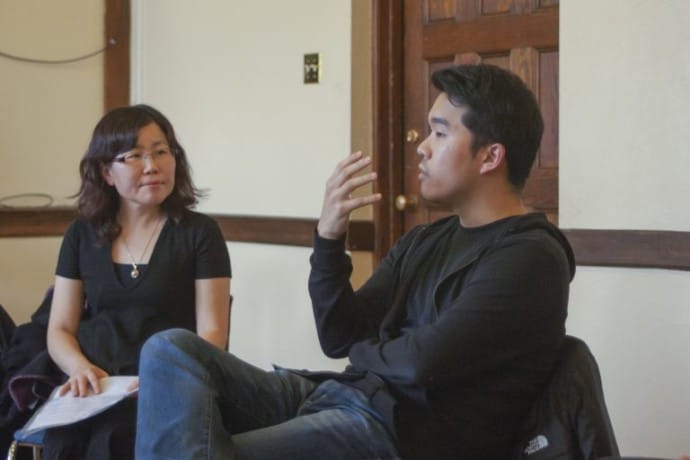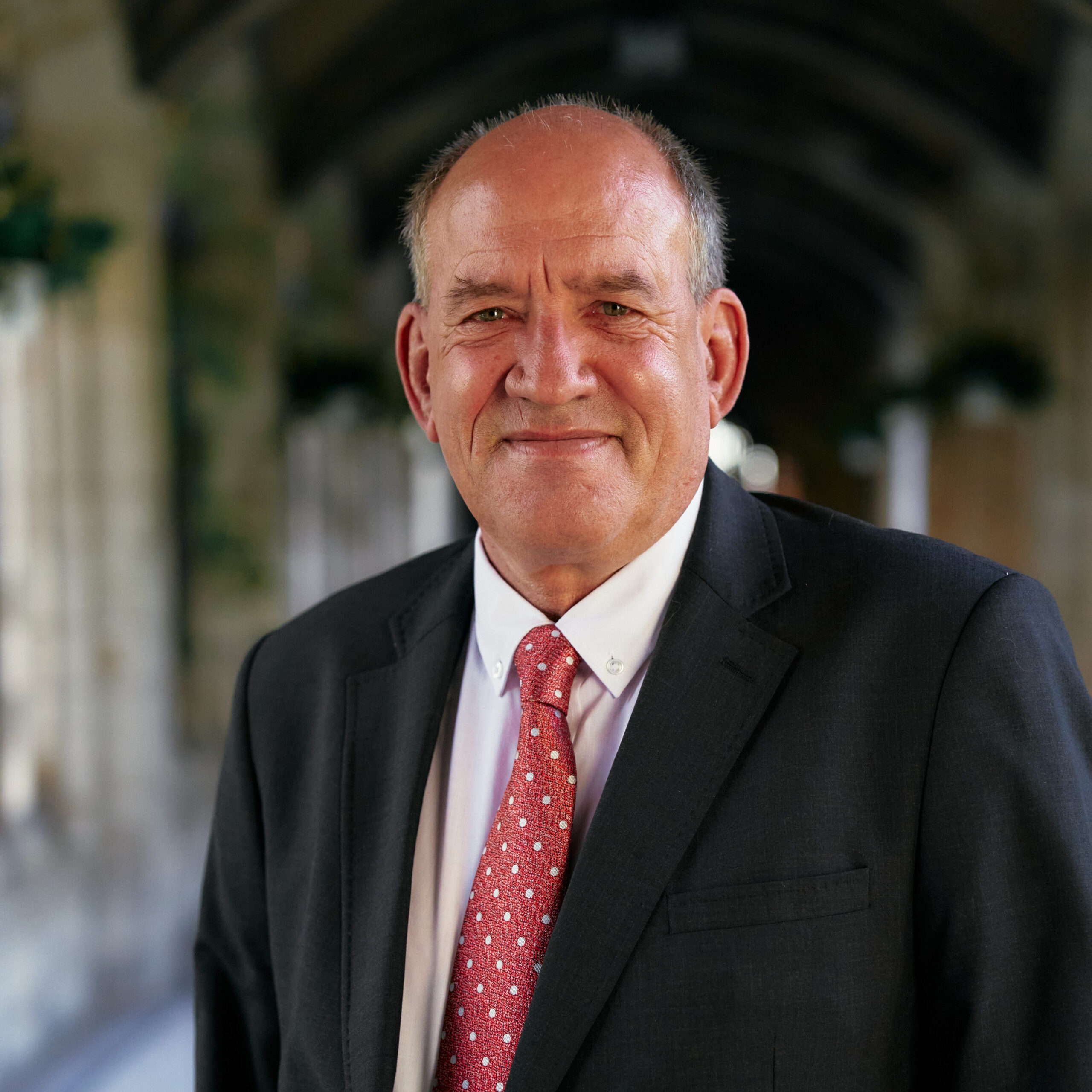
Learn about Knox’s mission; its role in provoking, guiding, teaching, and interpreting; and the diverse ministries for which Knox prepares graduates.

“Knox’s programs are designed to help you think deeply and critically about matters of faith, develop spiritual practices that enable you to live authentically as a follower of Jesus, and train you to lead courageously in shifting spiritual and social landscapes.”Read More
In colonial Upper Canada, one of the first actions taken by a new fledging denomination (made up of Presbyterians sympathetic to the new Free Church in Scotland) was to create a theological College; Knox College was born. A number of buildings served the College until it constructed its first purpose-built home on Spadina Avenue in 1875.
In 1858, Knox College received its provincial charter, and in 1890, Knox federated with the University of Toronto.
With its Spadina Ave building in need of expensive and extensive renovations, the Knox College Board had bought land at 59 St. George Street in 1906, at the centre of the University of Toronto’s St. George Campus. The cornerstone was laid in 1912, and the new Knox College opens its doors to the public on September 29, 1915.
Knox College had been planned as the future seminary of the United Church of Canada, slated to come into being in 1925 with the union of the Presbyterian, Methodist, and Congregational churches. Then, when about a third of Presbyterians refused to enter into Union on June 9, 1925, the continuing Presbyterian Church and the United Church entered into a legal battle for ownership over Knox and other properties. When the Ontario Provincial Legislation decided in favour of the continuing Presbyterian Church (but requiring the two churches to share Caven Library), Knox was left with only 5 enrolled students and no Faculty.
Knox joined with fellow Toronto Protestant theological Colleges to found the Toronto Graduate School for Theological Studies in 1944. In 1969, Knox helped to found the Toronto School of Theology (TST) to provide education for ministerial leadership as well as advanced theological programs. The TST entered into its first memorandum of agreement with the University of Toronto in 1978.
The PCC General Assembly decided to allow ordination of women for ministry in 1966, making women a far more significant part of Knox’s student body. In 1968, Shirley Jeffery graduated from Knox and became the first woman ordained as a minister in the PCC; and in 1976 the Knox Residence began to admit women. Caroline E. MacLaren had been Knox’s first female graduate back in 1925, winning a post-graduate scholarship for being top of her class.
Ewart College, originally known as the Missionary and Deaconess Training School, amalgamated with Knox College in 1991; Ewart College’s legacy continues through the focus on Christian Education at Knox College.